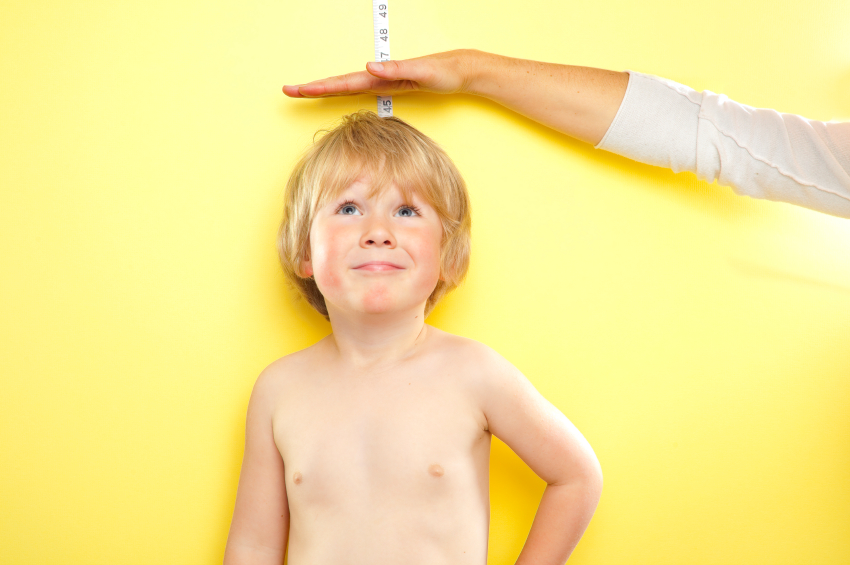Growing pains tend to affect both legs and occur at night. In many instances, growing pains will wake a child from sleep. They generally strike during two periods: in early childhood among 3- to 5-year-olds and, later, in 8- to 12-year-olds.
What Causes Them?
The term "growing pains" may be a misnomer because there's no evidence that growth hurts. The most likely causes are the aches and discomforts resulting from the jumping, climbing, and running that active kids do during the day. The pains can occur after a child has had a particularly athletic day.
Signs and Symptoms
Growing pains are felt as intense, cramp-like pain in both legs. They can affect the calves, shins or ankles. The pains come and go (always in the evening or at night; often after active days) and should not affect your child's ability to walk. There are no signs of physical injury or infection. The intensity of the pain varies from child to child, and most kids don't experience the pains every day.
Diagnosing Growing Pains
One symptom that doctors find most helpful in making a diagnosis of growing pains is how the child responds to touch while in pain. Kids who have pain from a serious medical disease don't like to be handled because movement tends to increase the pain. But those with growing pains respond differently — they feel better when they're held, massaged, and cuddled.
Growing pains are what doctors call a diagnosis of exclusion. This means that other conditions should be ruled out before a diagnosis of growing pains is made. A thorough medical history and physical exam by your doctor can usually accomplish this. In rare instances, blood and X-ray studies may be required before a final diagnosis of growing pains is made.
Helping Your Child
Some things that may help alleviate the pain include:
- massaging the area
- stretching
- placing a heating pad on the area
- giving ibuprofen or acetaminophen (Never give aspirin to a child under 12 due to its association with Reye syndrome, a rare but potentially fatal disease.)
When to Call the Doctor
If any of the following are present, the diagnosis of growing pains is unlikely and you and your doctor should look for other causes.
- Symptoms of general illness, such as fever or weight loss
- Pain specific to a single joint
- Pain worsening with time
- Pain interfering with usual daytime activities
- Limping
- Abnormal joint symptoms, such as restricted motion, redness, swelling, warmth, or tenderness in the related area

Your Baby checkup
what are the vaccinations that he should have taken until now?
Generate a report for my baby.
Track Your Baby Vaccinations
Find Your Baby name
Mohandessin
01002195777
01000012400
0233048350
Beverly Hills
01000012900
0238576831
El Tagamo3
Al Sheikh Zayed
02- 38514031
01000608597


